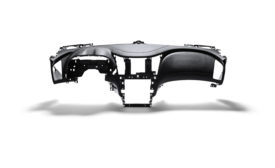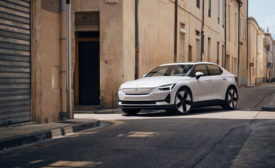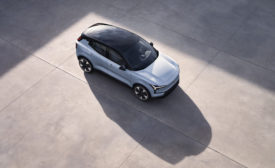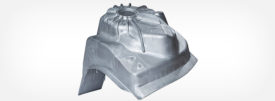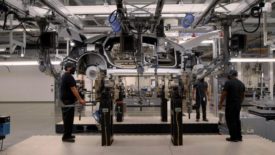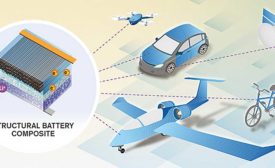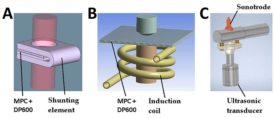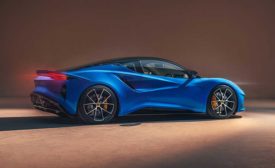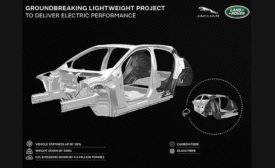Home » lightweighting
Articles Tagged with ''lightweighting''
The EV Lightweighting Challenge
Lightweighting efforts focus on new materials to improve operating range.
February 9, 2023
Spot Welding Metal-Plastic Composites
A new resistance spot welding process can join metal-plastic composites
April 7, 2022
Reducing Weight of Electric Vehicles
Lightweighting Drives EV Range and Performance
September 9, 2021
Never miss the latest news and trends driving the manufacturing industry
Stay in the know on the latest assembly trends.
JOIN TODAY!Copyright ©2024. All Rights Reserved BNP Media.
Design, CMS, Hosting & Web Development :: ePublishing
